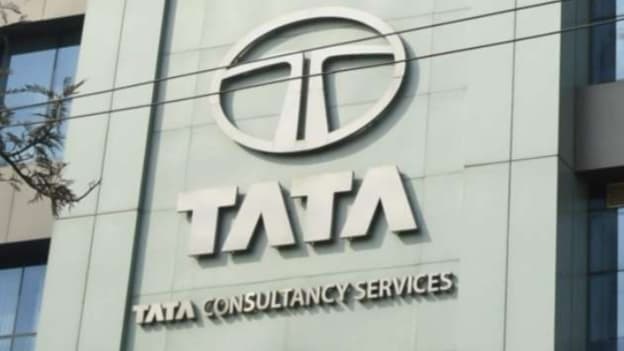TCS criticised for cutting employee bonus linked to office attendance: Report

Tata Consultancy Services (TCS), India’s largest IT services firm, has come under fire for allegedly exploiting employees through opaque and inconsistent pay practices. On June 15, Saubhik Bhattacharya, General Secretary of the All India IT and ITES Employees Union (AIITEU), accused the tech giant of “strategic exploitation” in a public forum, claiming the firm’s Quarterly Performance Bonus (QPB) mechanism is being misused to shortchange workers.
The accusation follows mounting complaints from TCS employees, many of whom approached the AIITEU to express deep dissatisfaction over what they described as systematic underpayment. Bhattacharya, speaking on behalf of the union, stated that these issues are not incidental but appear to be deliberate attempts by the company to inflate CTCs on paper while curtailing actual disbursements.
According to a report by EdexLive, the AIITEU has received numerous grievances, particularly from mid-level employees such as Assistant Consultants, Associate Consultants, and C4 Consultants. Union-led surveys suggest these professionals have received only between 40% to 75% of their entitled QPB payments over the past two years. The union argues that this chronic underpayment is financially straining employees, with average annual take-home packages being slashed by as much as 30%.
“Several employees of Tata Consultancy Services (TCS) have reached out to AIITEU expressing great discontent over the strategic exploitation by TCS using the facade of Quarterly Performance Bonus (QPB),” read the union’s statement, as reported by EdexLive.
TCS's salary architecture includes both fixed and variable pay components. The variable portion consists of a monthly performance pay and the QPB, ostensibly designed to reward productivity and contribution. However, the union asserts that the company is using discretionary powers to frequently reduce or withhold these bonuses without sufficient transparency or rationale.
What has further aggravated the situation is TCS’s recent policy of linking the QPB to physical office attendance. Following the COVID-19 pandemic, the company has been steadily pushing employees to return to office spaces, moving away from the flexibility of work-from-home (WFH) setups that became the norm during lockdowns. Under the new norm, only those with at least 85% in-office attendance are considered eligible for their full QPB payout.
The union claims this move effectively penalises employees who prefer or require remote work due to personal or health-related reasons, thereby weaponising compensation to enforce compliance with return-to-office mandates. Bhattacharya contended that this tactic amounts to a “conditional salary,” where benefits earned through merit are contingent on physical presence rather than actual work performance.
“By turning performance bonuses into attendance bonuses, TCS is changing the very definition of performance-linked pay. It’s both unfair and demoralising,” Bhattacharya said, calling for immediate reforms in the company’s compensation structure.
So far, TCS has not released a formal response to these allegations. The company has previously maintained that its compensation systems are in line with industry standards and are regularly reviewed.
AIITEU is now urging affected employees to document their cases and has hinted at possible legal or regulatory intervention if the matter remains unresolved. “We are not against performance-based rewards,” said Bhattacharya, “but when performance pay becomes arbitrary, it turns into exploitation.”













